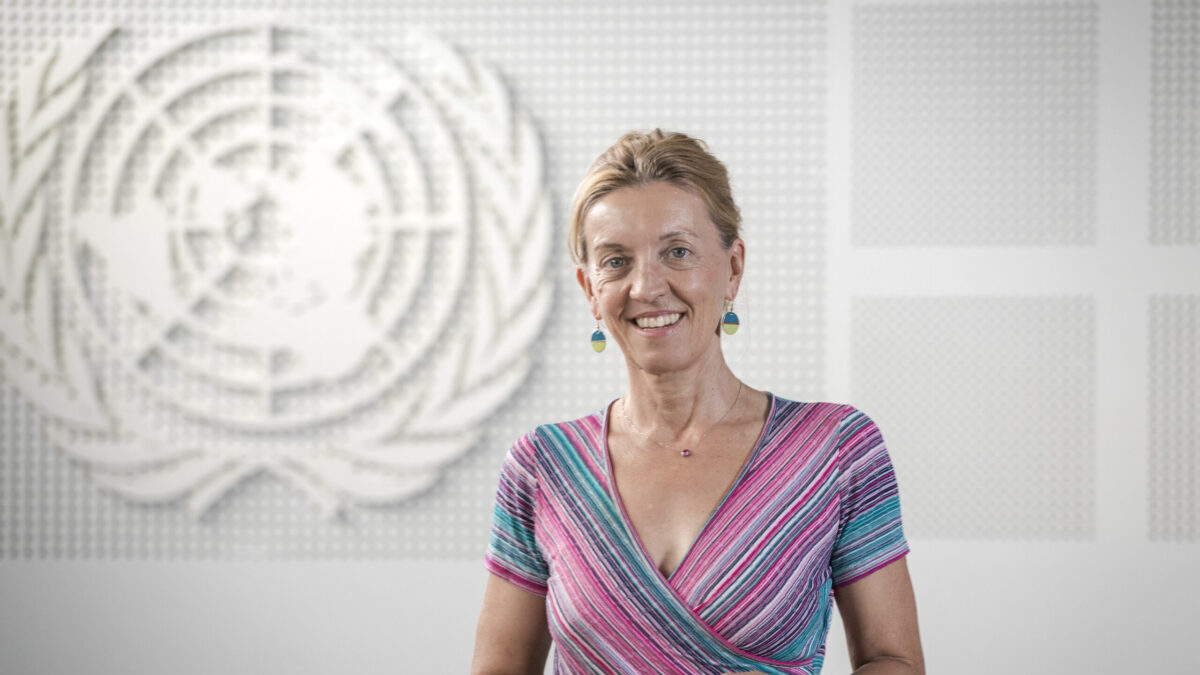
The pandemic-induced crisis has caused grave consequences on society as a whole and vulnerable groups. What can we do to aid society’s recovery and reduce inequalities that were especially visible when it comes to vaccination?
The pandemic had a disproportionate impact on vulnerable groups, older people, people with disabilities, children in poor households, workers in the informal sector. Global solidarity mechanisms, such as the COVAX platform created by the UN for equal vaccination distribution, received little immediate attention. Isolation and social distancing measures led to an acute sense of loneliness and exclusion among many people, creating new health and social challenges. But while inequalities widened, efforts increased to reshape social protection schemes, strengthen the health system, combat gender-based violence. The most effective long-term way to reduce inequalities remains education.
More than ever, we must shape an education system that prepare young people to deal with uncertainties, think with discernment, acquire a range of marketable skills and social skills, embrace the green agenda and a healthy lifestyle, nurture civism and solidarity. At the same time, we must continue to address 3 systemic failures which generate inequalities: i) ineffective redistribution, ii) sub-optimal institutions and prioritisation of actions/investments, iii) corruption in multiple forms. Cooperation between the state, the private sector and citizens is essential. This is at the core of Agenda 2030 principle of Leave No One Behind, a powerful concept that we should weave through our social and economic fabric, relentlessly.
2022 will be all about economic recovery, further development of science, the continuation of dialogue in resolving crises, as well as the rehabilitation of the entire planet. What issues and topics should be addressed (e.g. climate change, green projects, reducing inequalities in society, etc.)?
The Pandemic shook the world – enough for creating new ways of working, studying and communicating – not enough to generate a full conversion of our way of life. Going back is not the way forward. We need bold visions from political leadership to fast track the transformation at all levels of society and the economy. The green transition will be a source of immense opportunities for both businesses and individuals: sustainable food systems, energy transition, circular economy, new urban developments etc. In 2021, Serbia expanded legislation and plans to fight climate change and environment destruction. 2022 is the time to shape the full vision for a fair green transformation, to build the capacities to implement the vision urgently and to communicate about it. In parallel, while we continue our efforts to the COVID vaccination, we must place a greater focus on addressing critical environmental factors such as air pollution, promoting and supporting healthy lifestyles, and curtailing tobacco use, for a healthier society and a reduced burden on the economy. Digitalization accelerates, and we must mitigate the risks misinformation, and of increasing inequalities of access and opportunities.
Many economic and social sectors still require real people in their place of work, farmers, artisans, construction workers etc. These are also the jobs of the future. They need to be valued, including through the formal and informal education system. System efficiencies, transparency, fairness and solidarity should become the grounding principles to good governance and rule of law. We will continue to advocate for a financial sector and business practices that support the green transition. The task is huge and exciting. It will require inclusive and meaningful national consultations and dialogs. We call for a greater engagement with society to shape the understanding, awareness, and desire to common actions towards making Serbia a flagship model of sustainability.